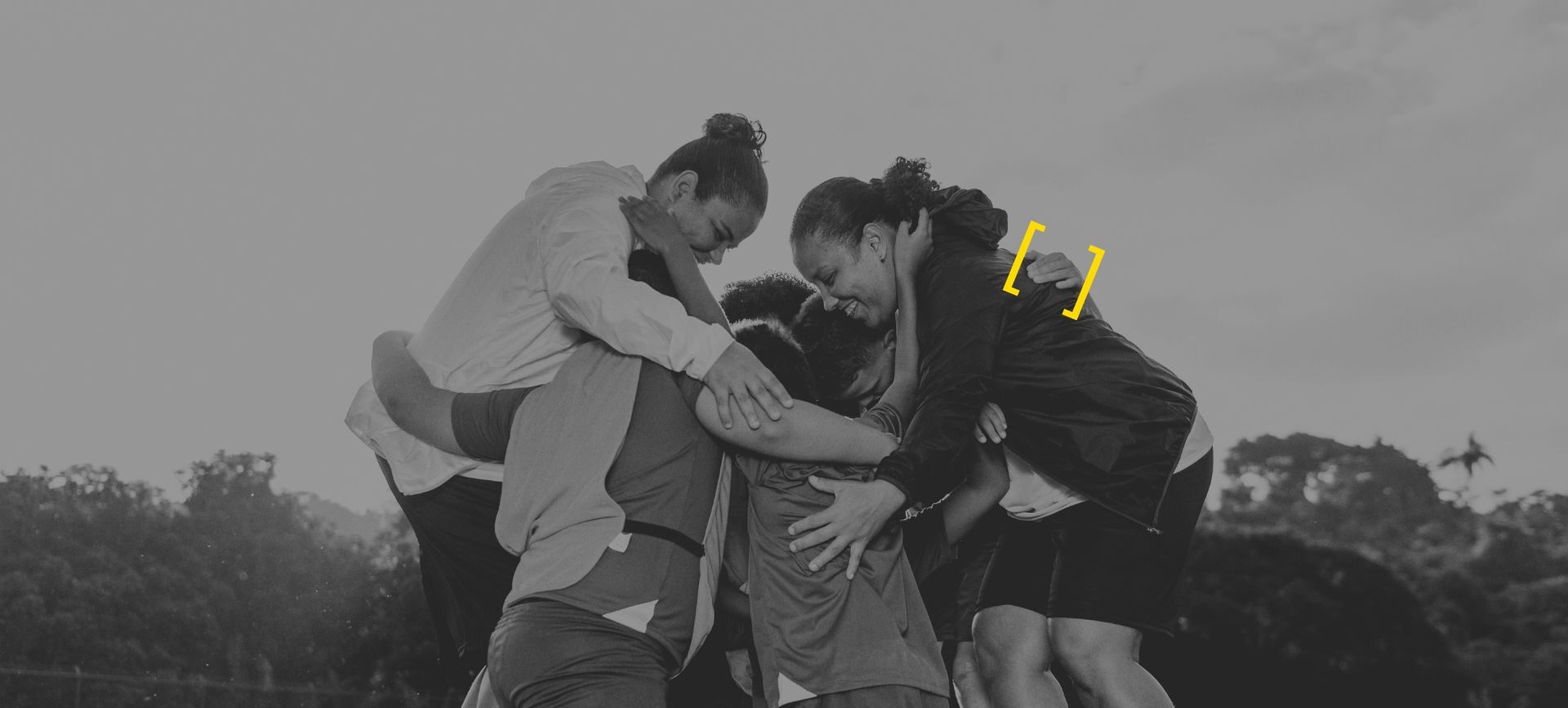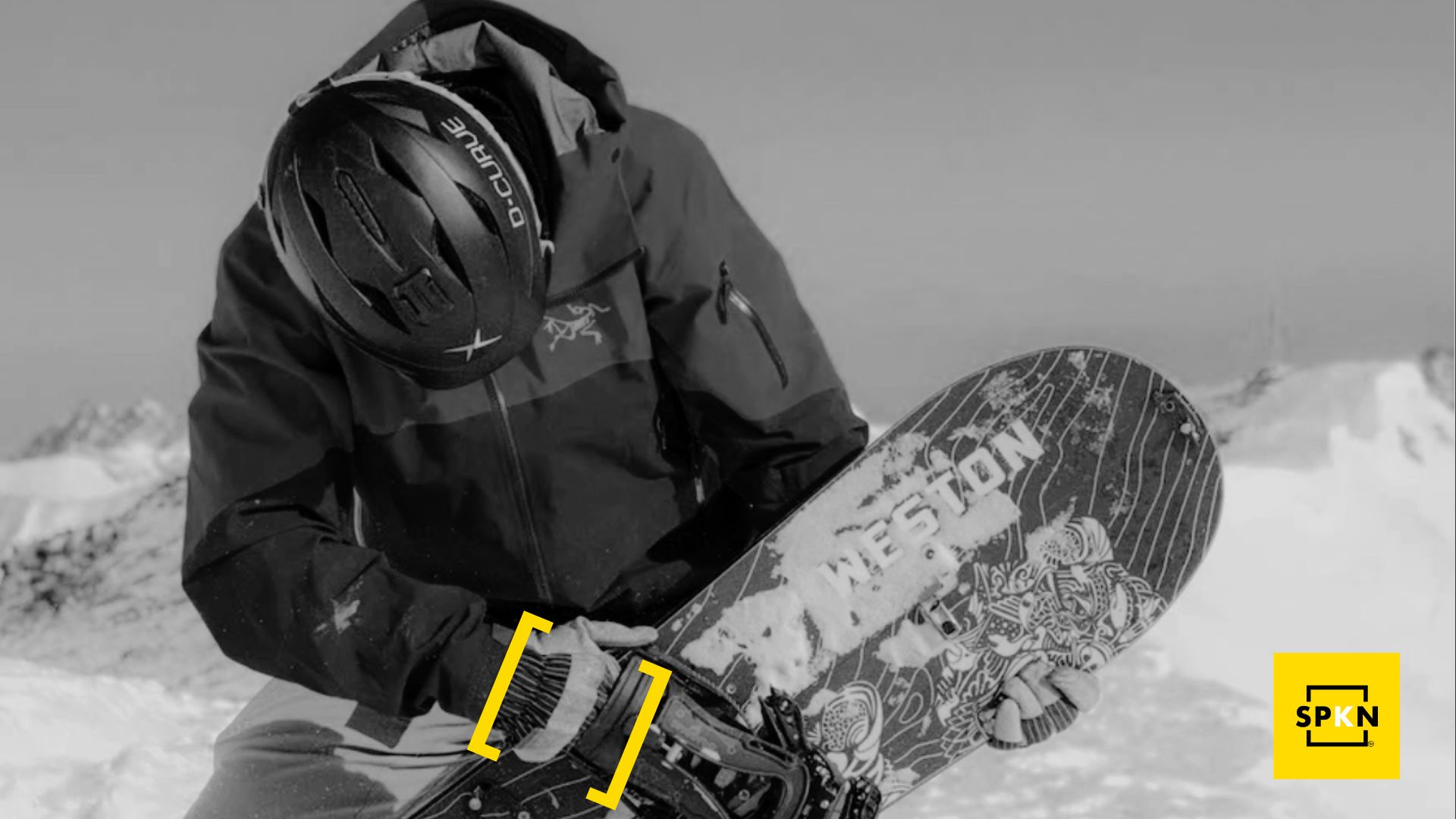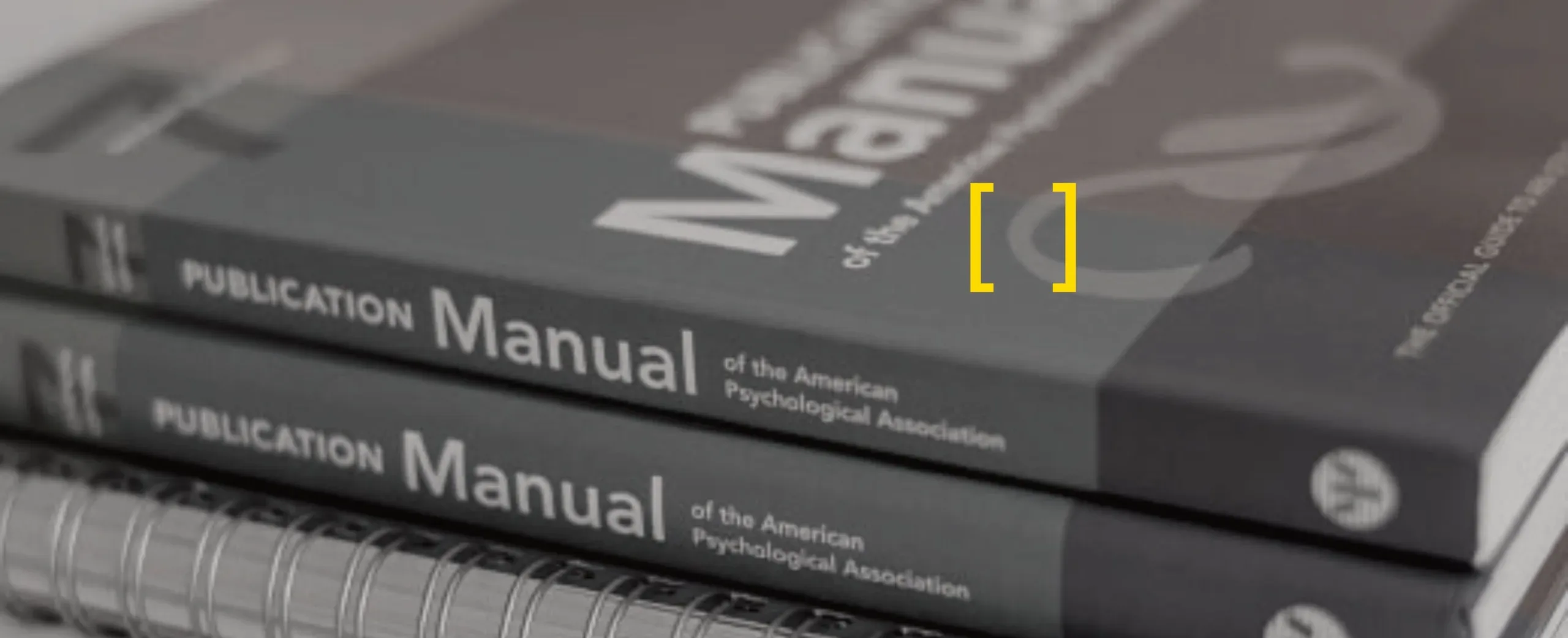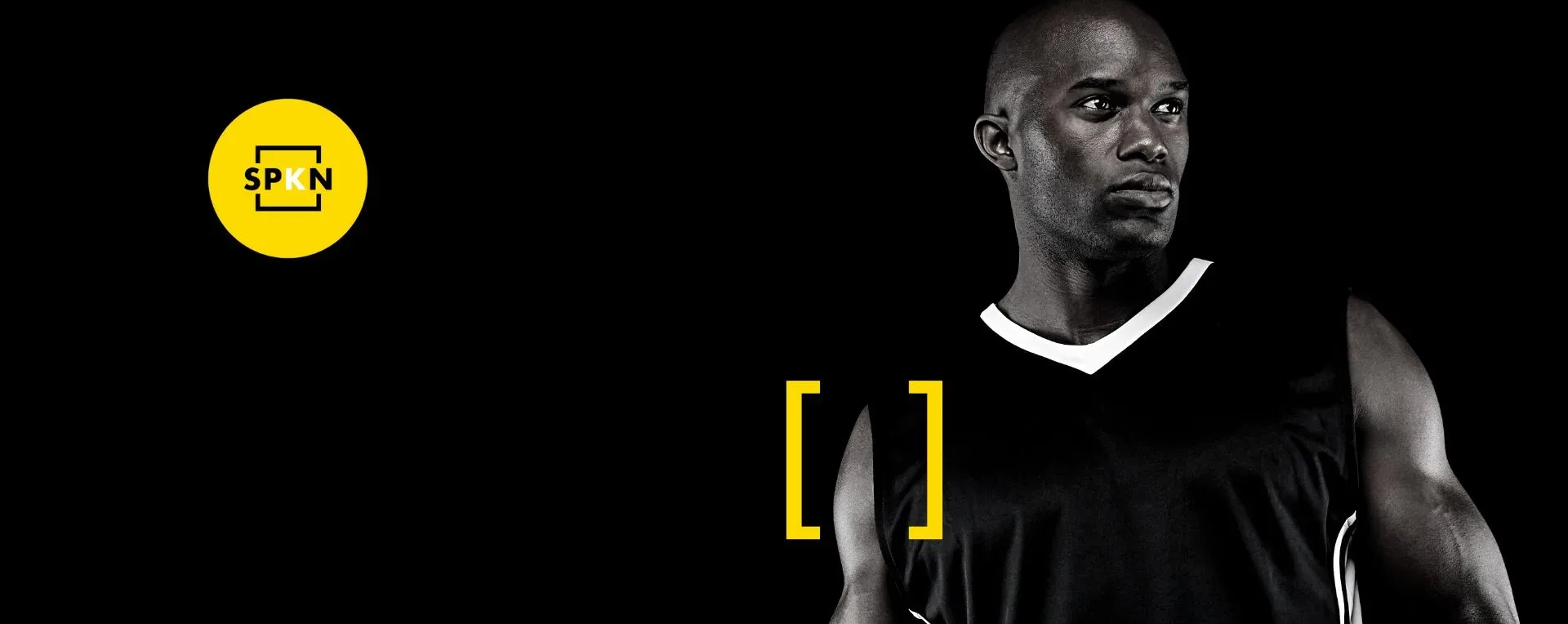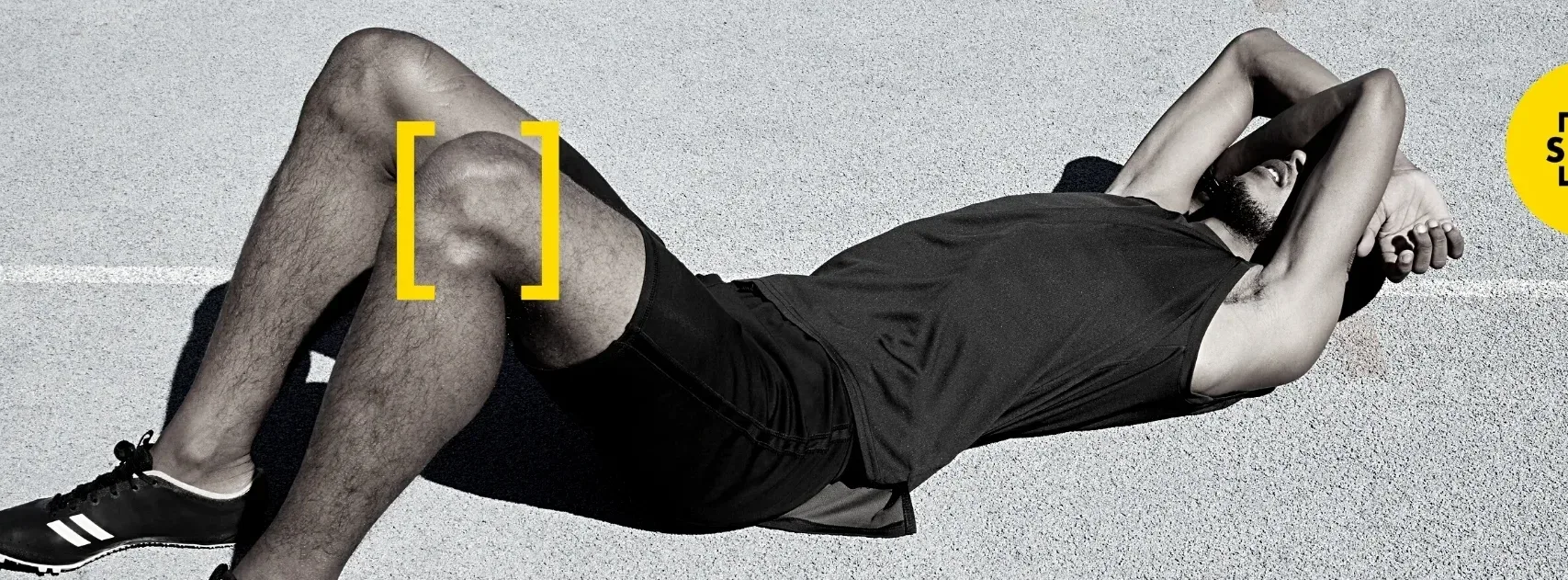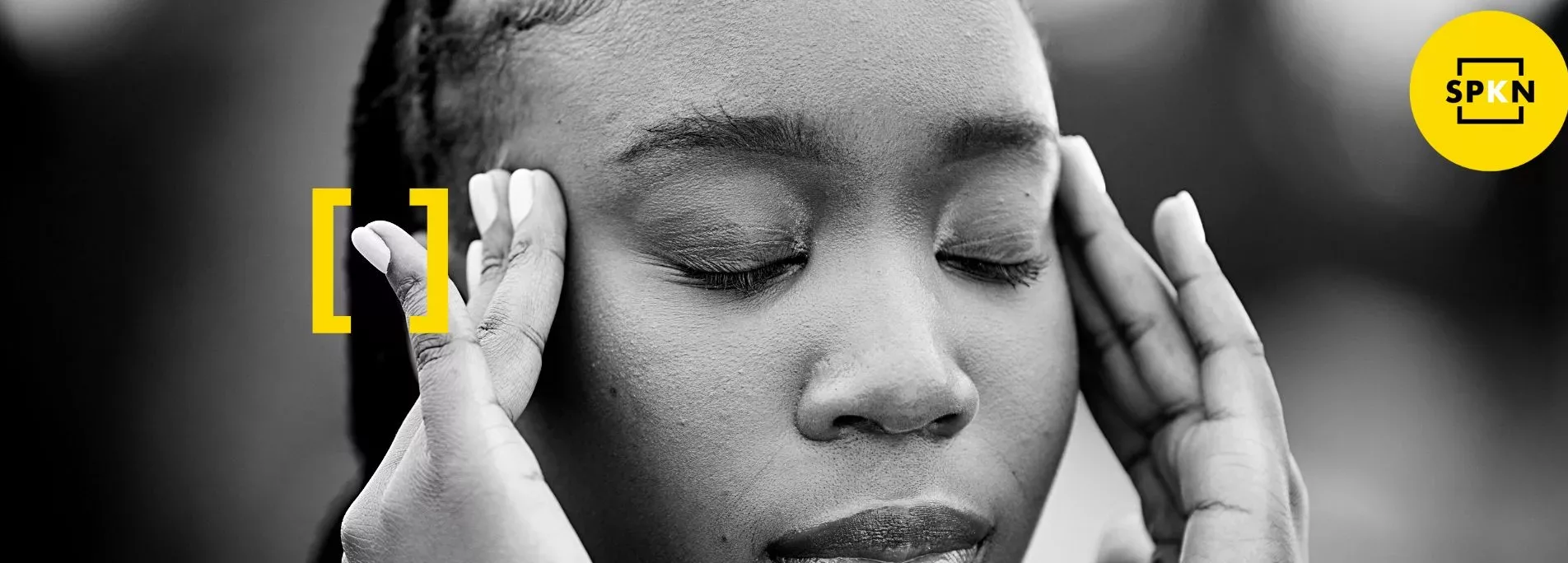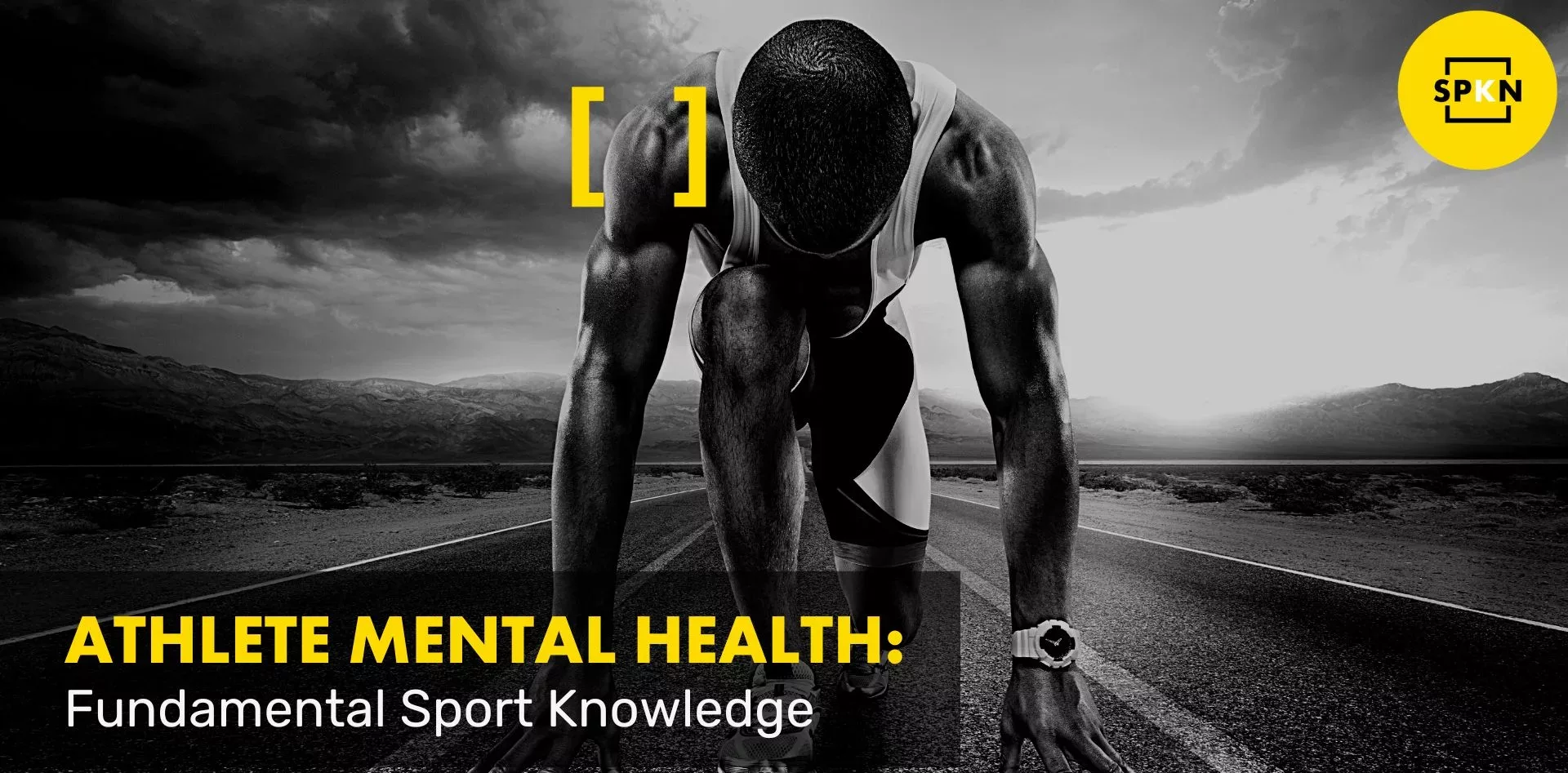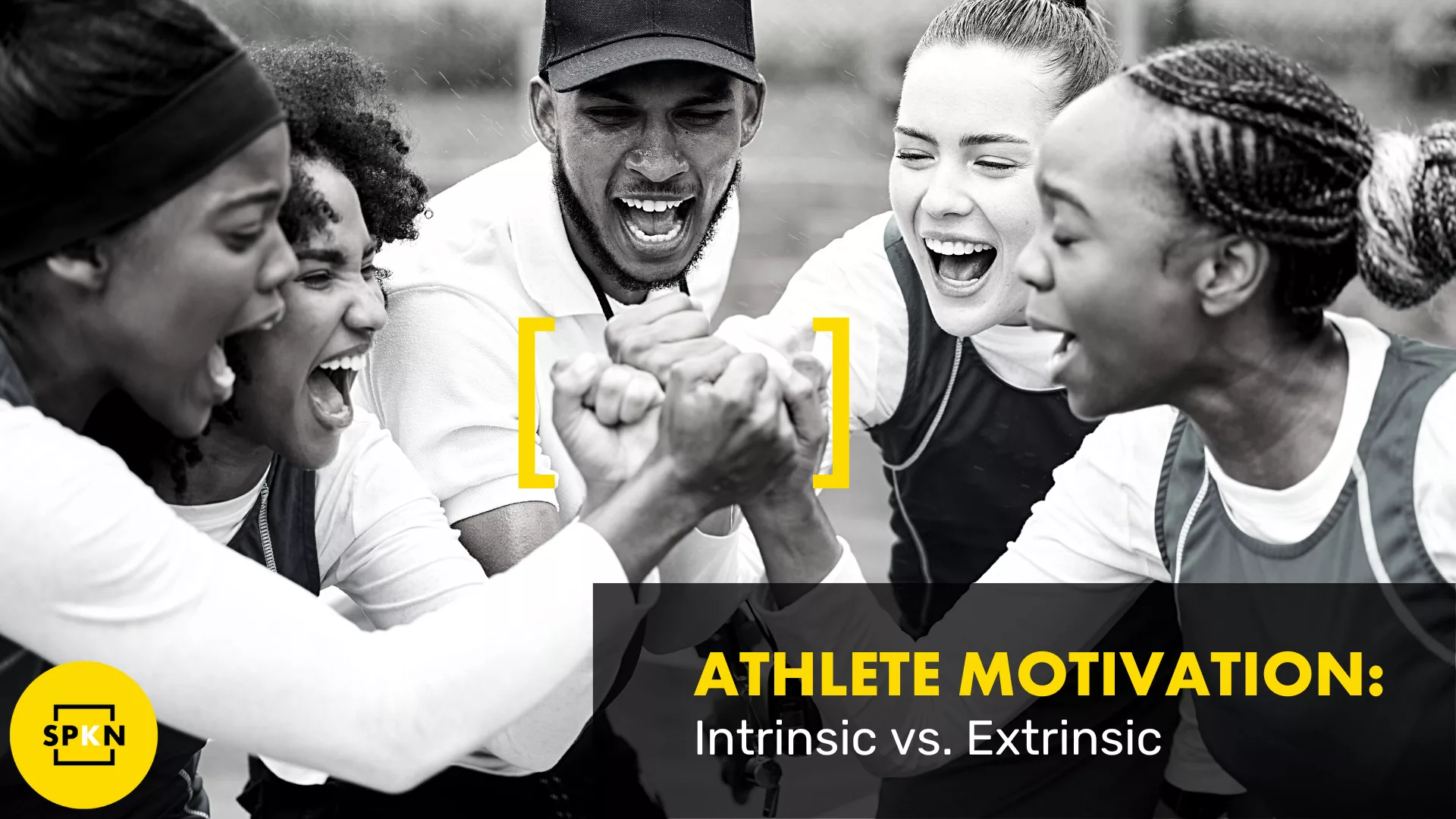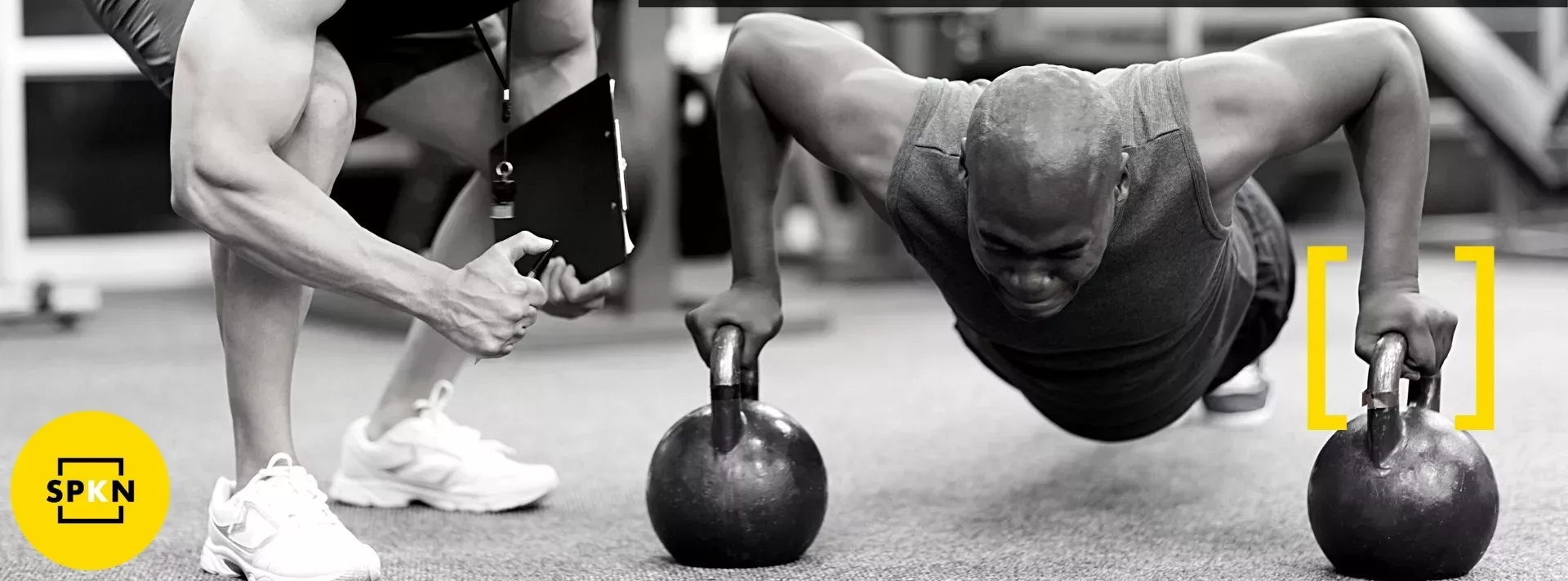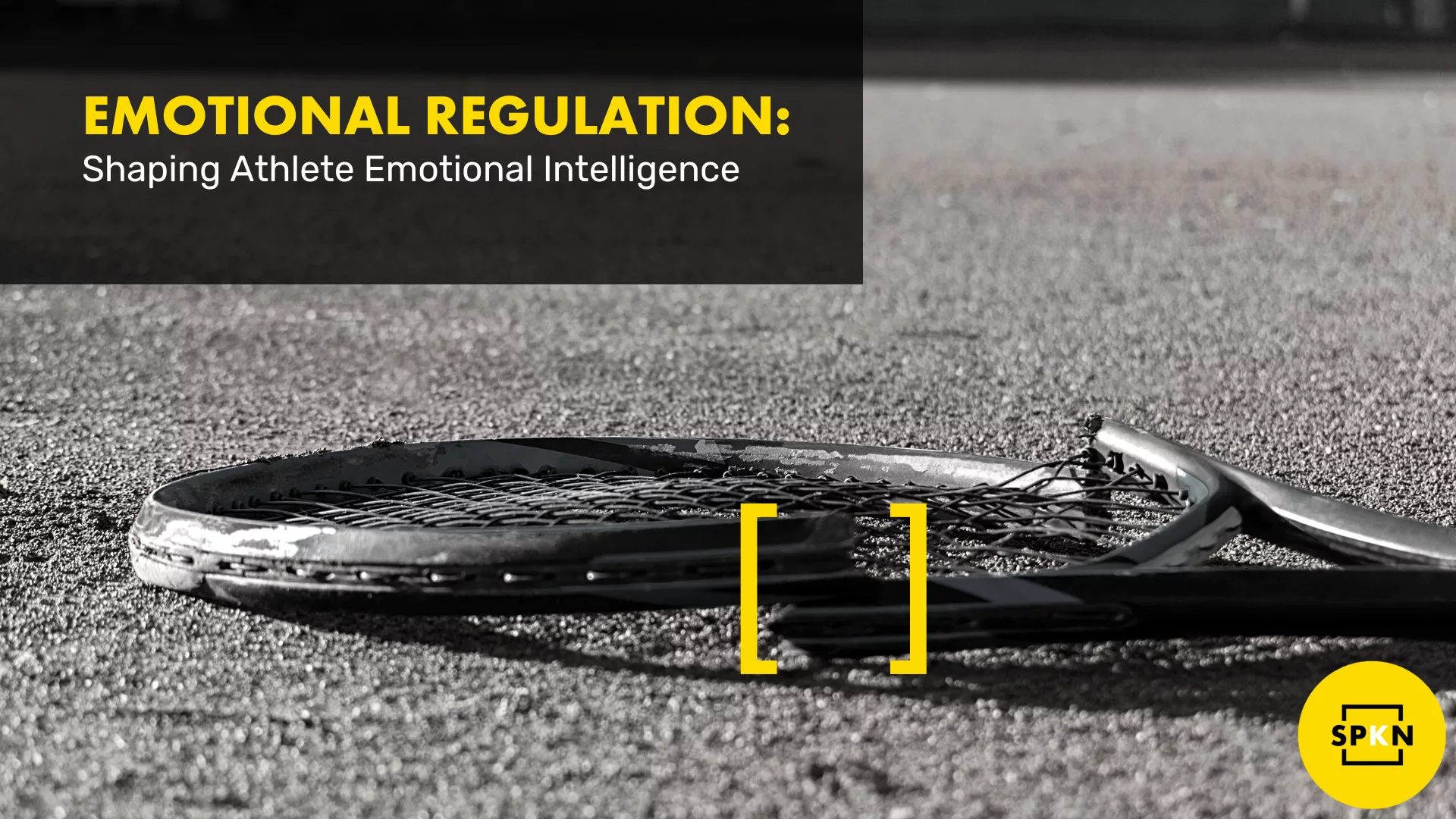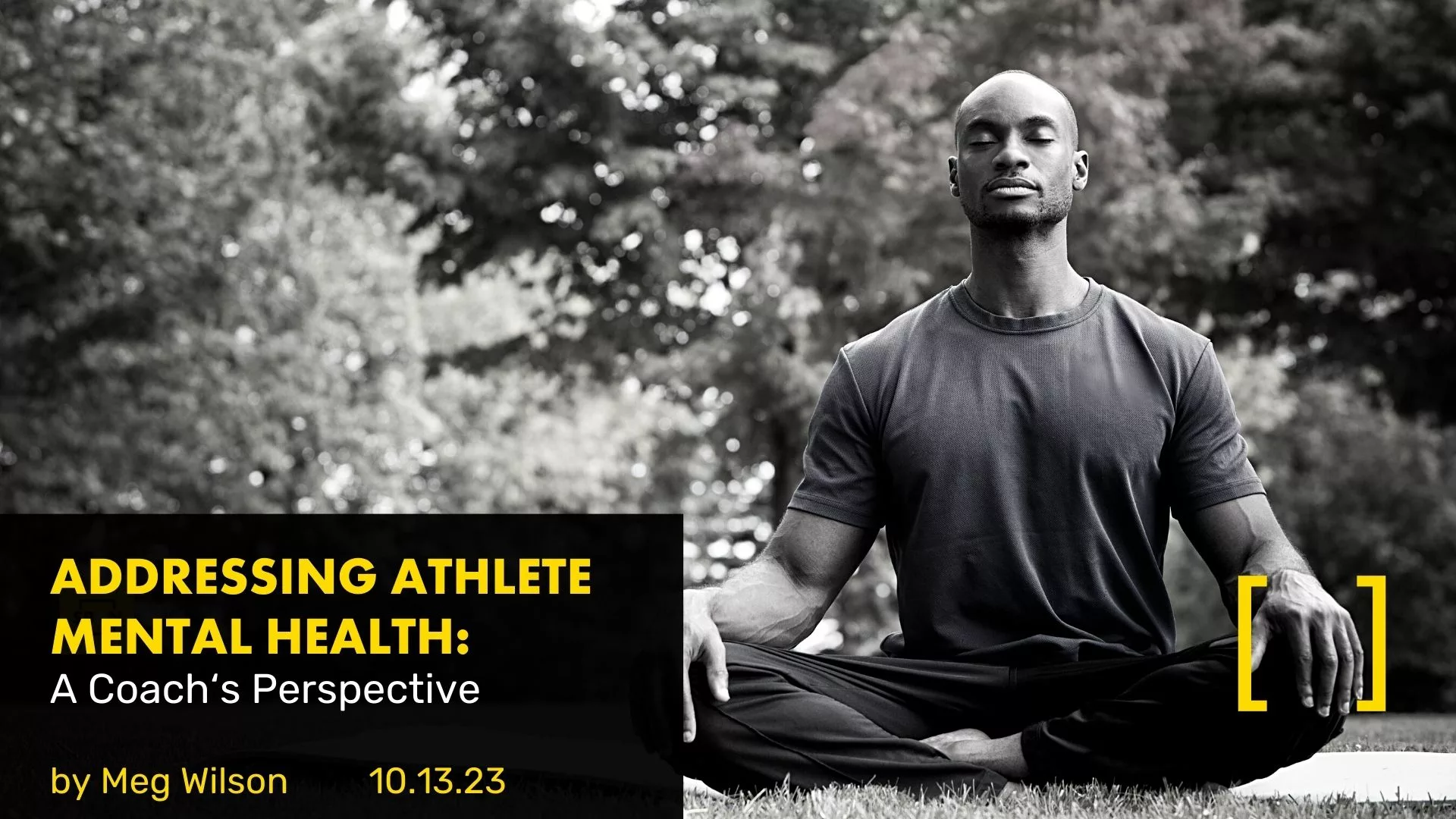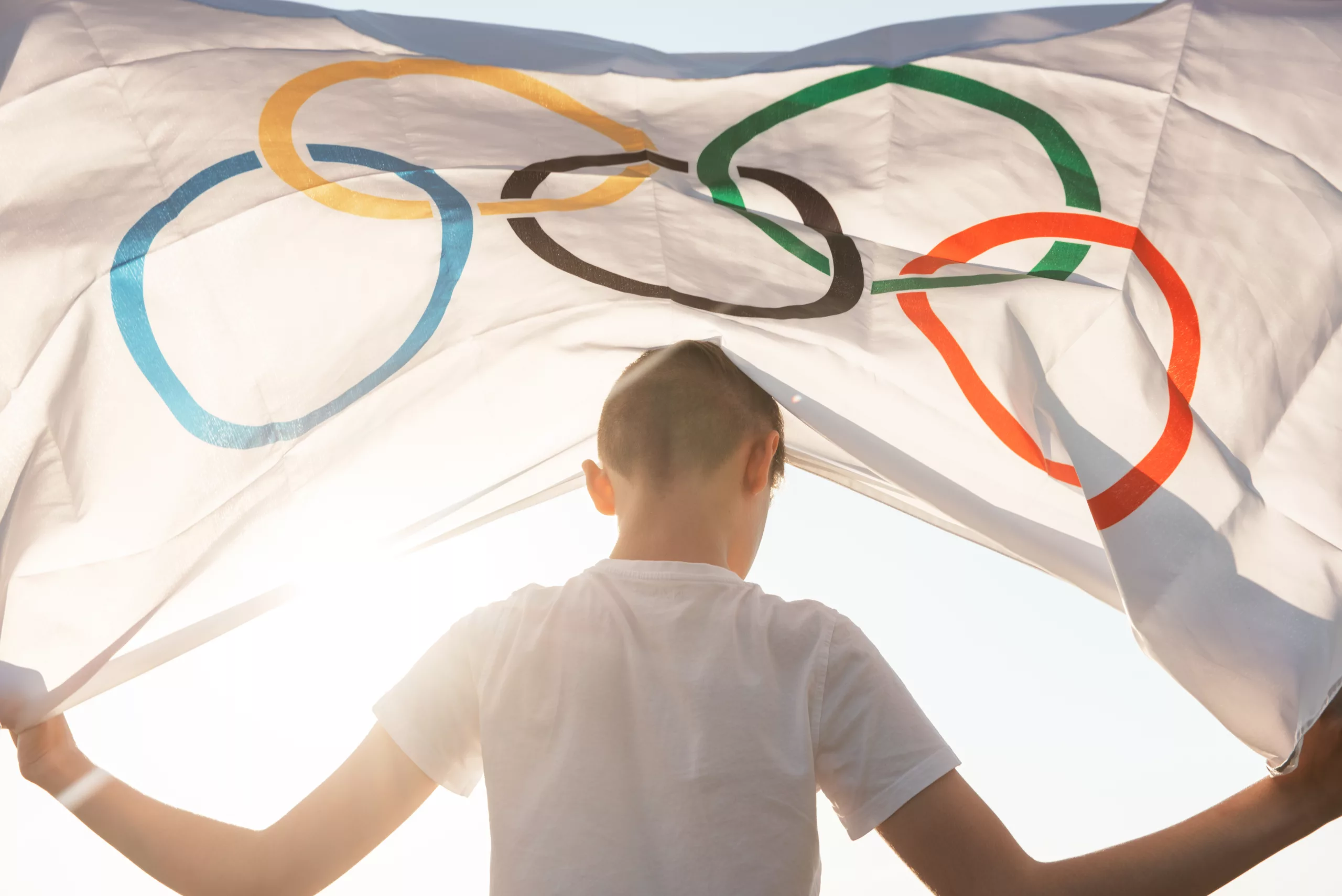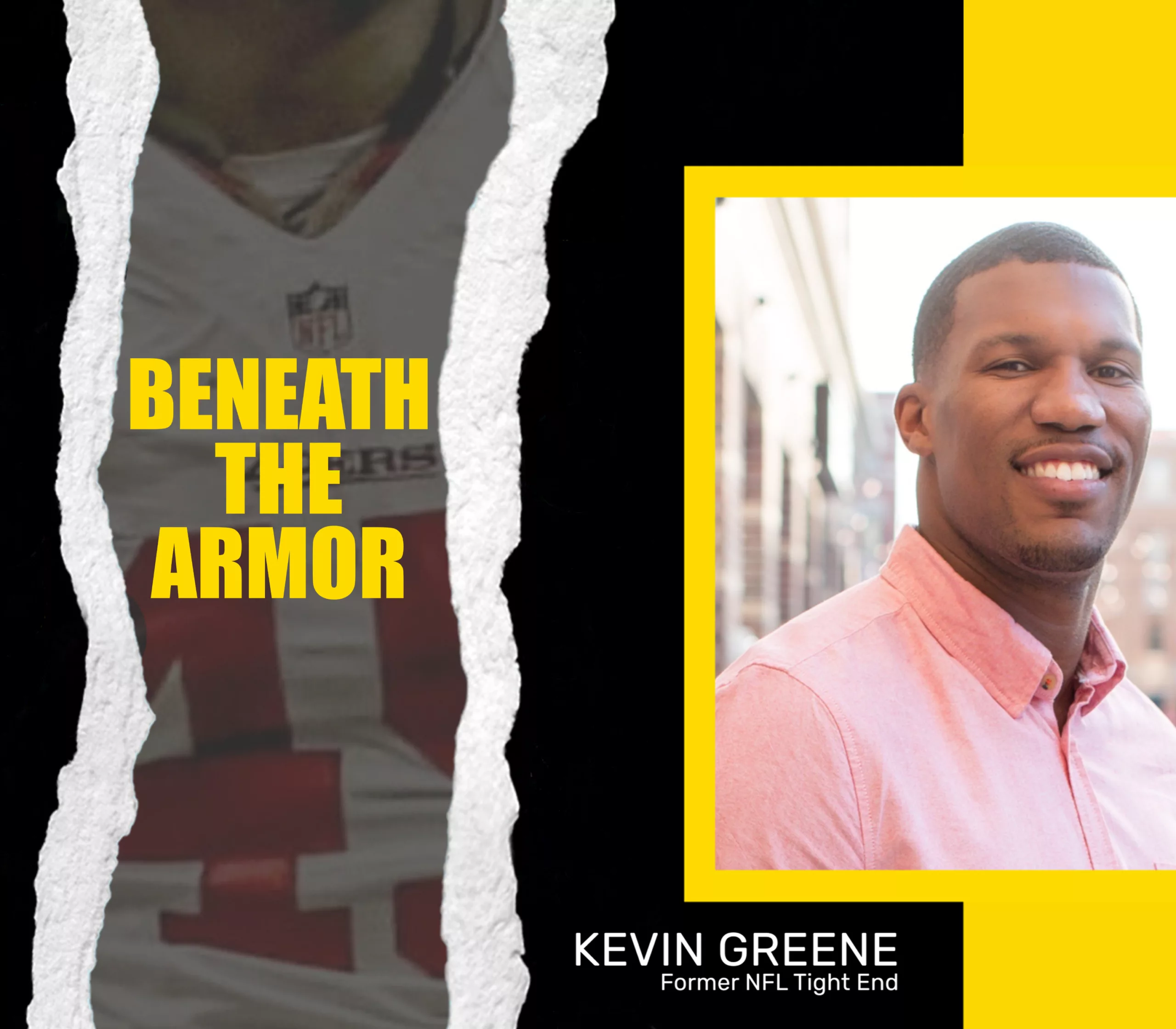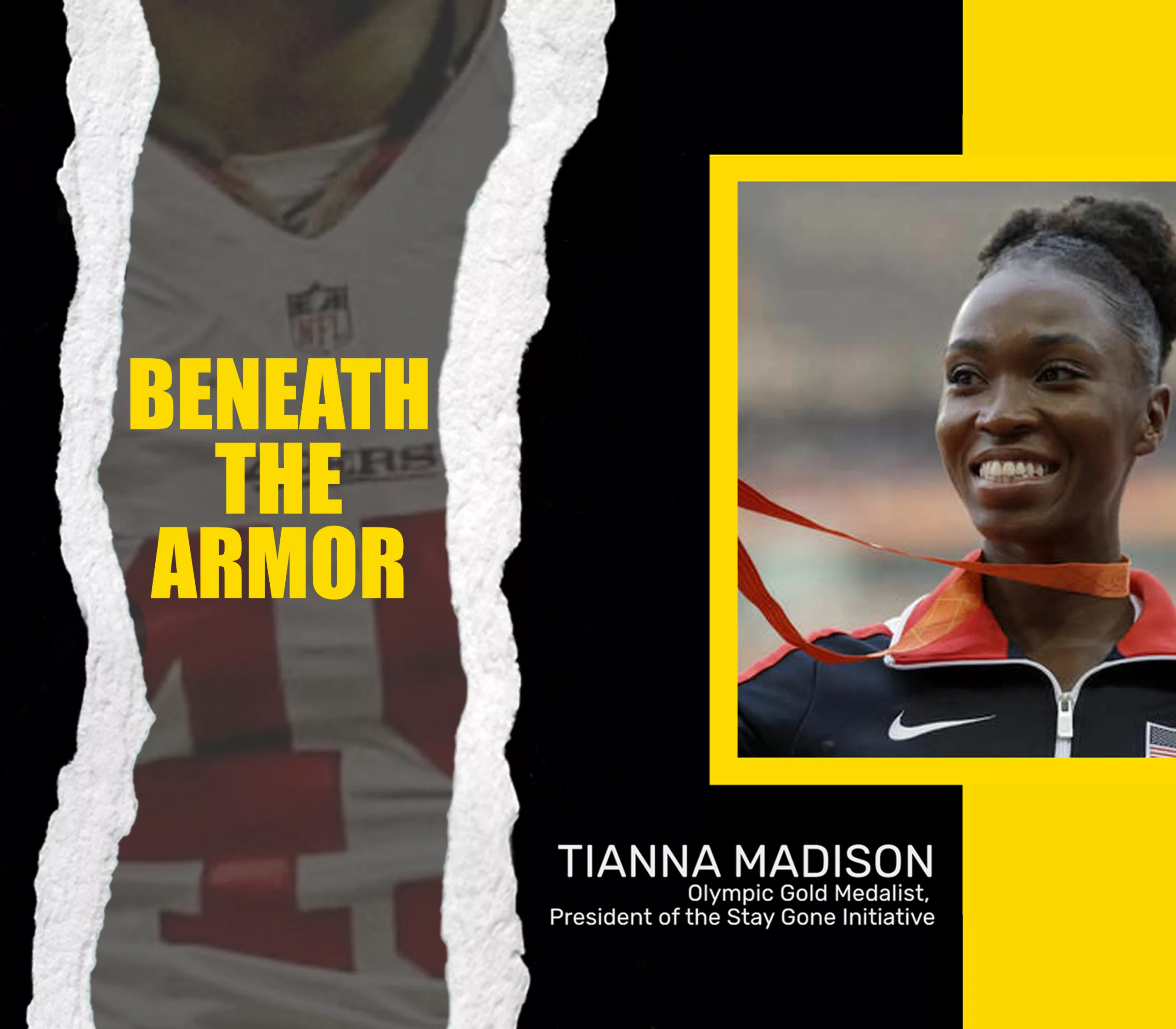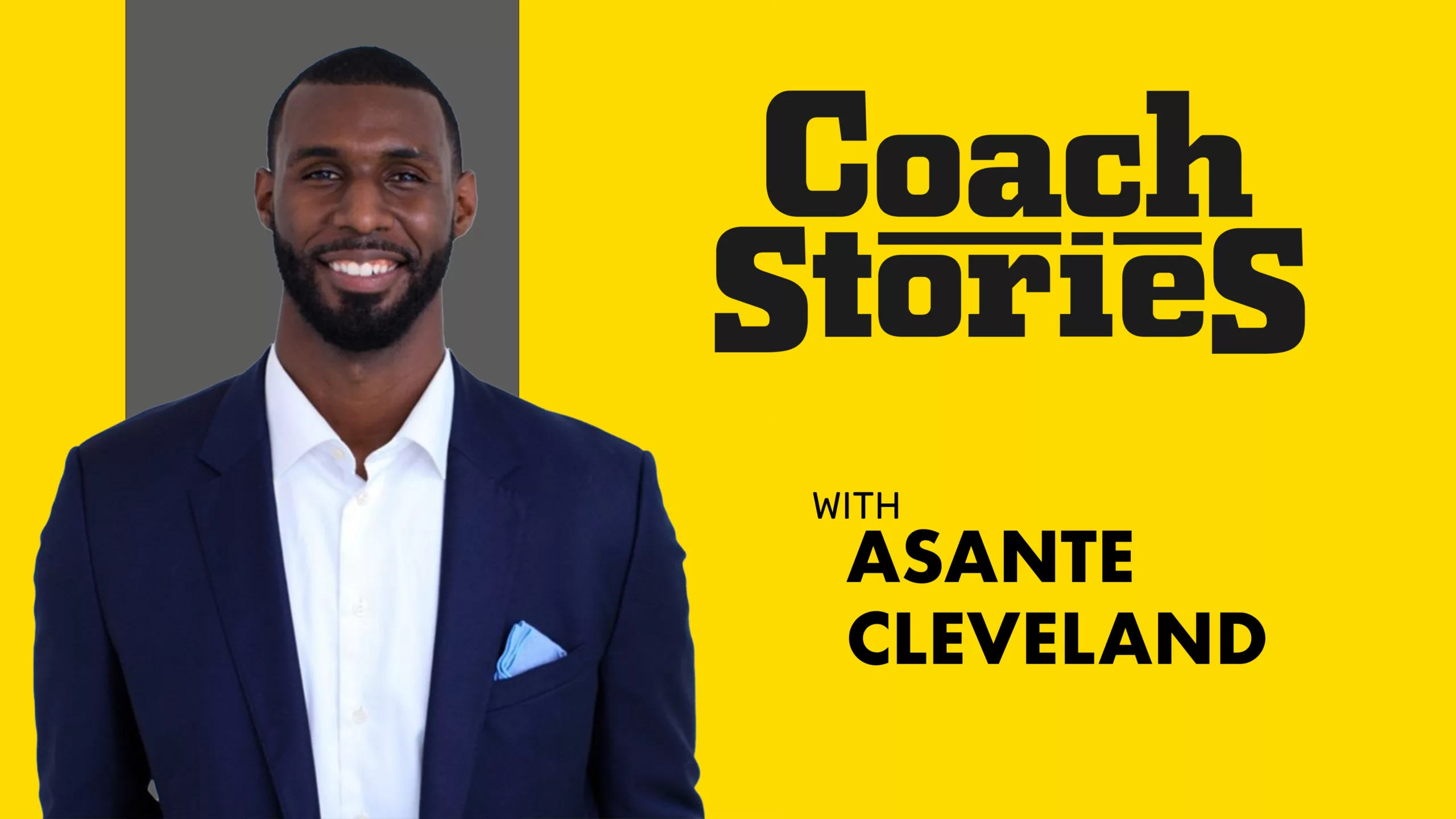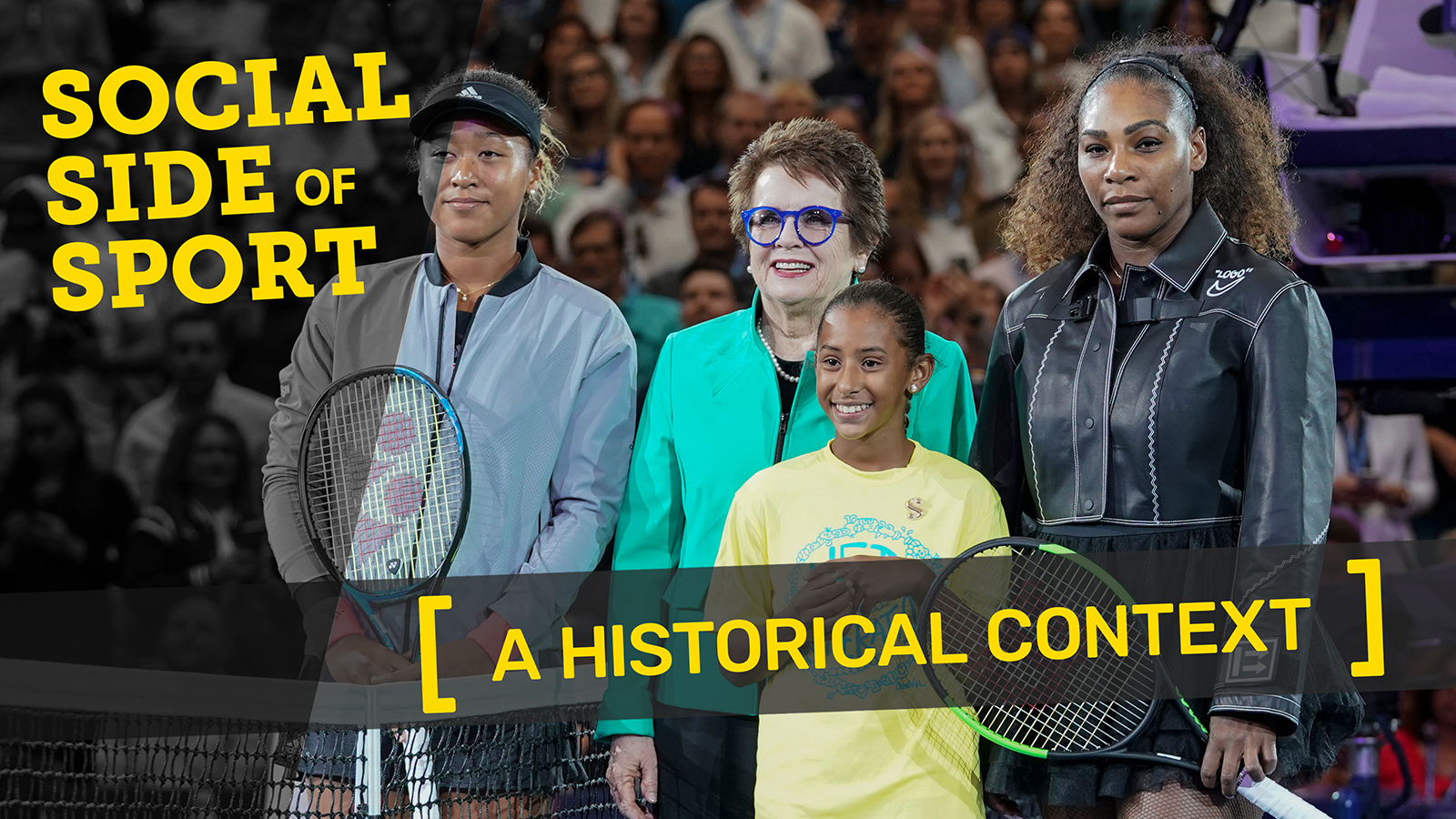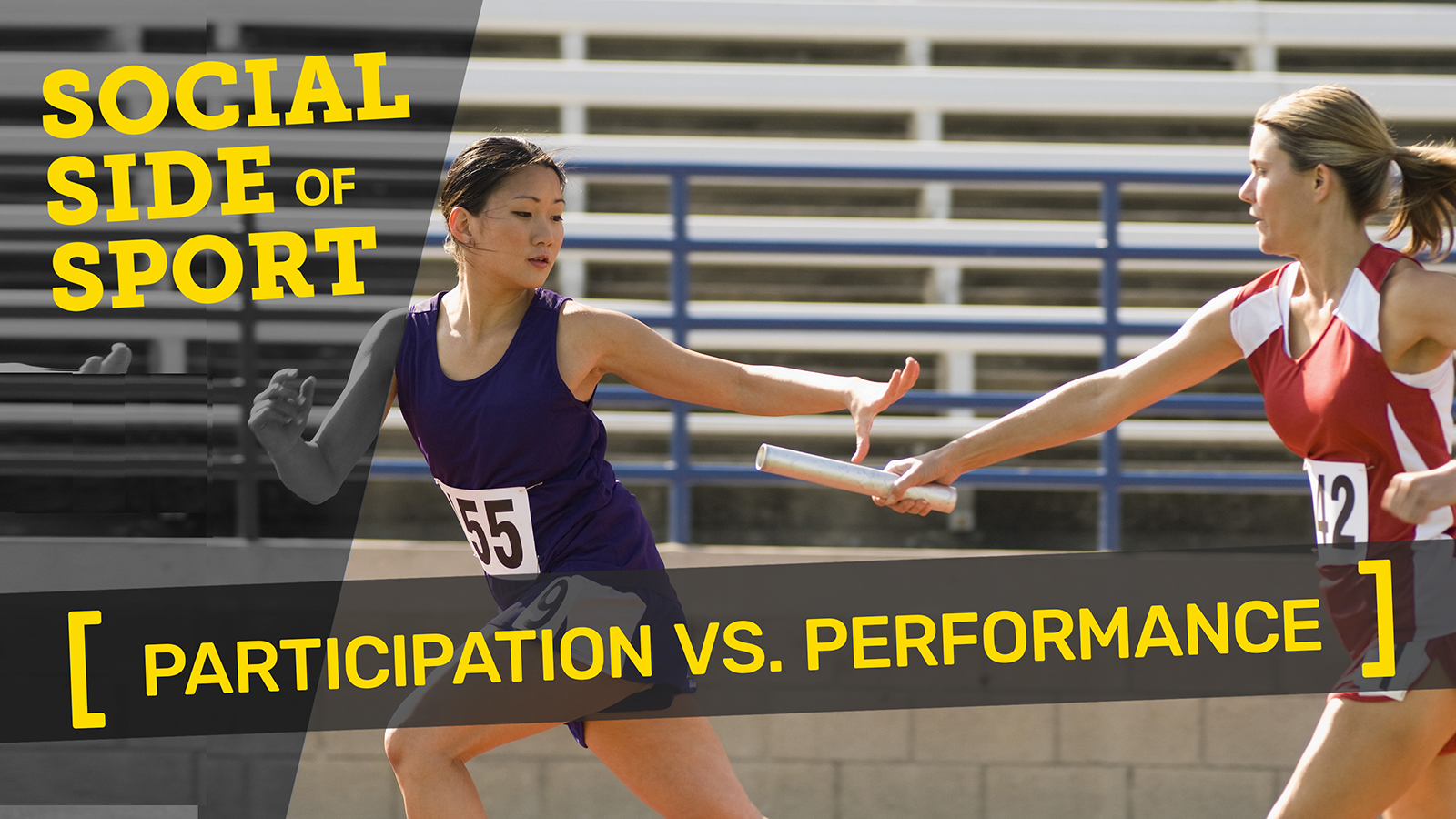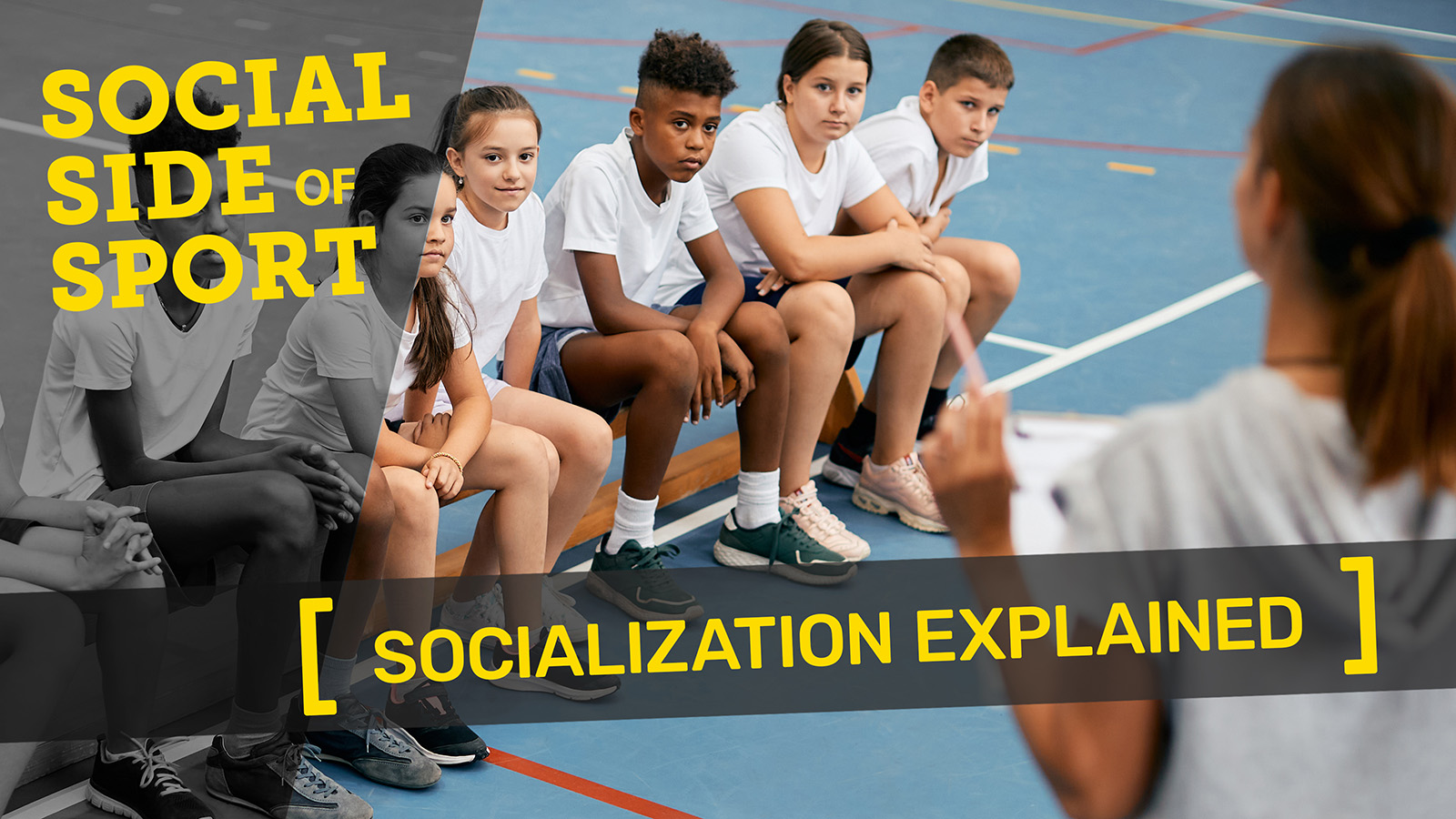Autoethnography is a type of creative analytical practice that connects personal lived experiences to an analysis of the cultural through carefully constructed stories. In an autoethnography, the author is present in the work, embraces vulnerability with a purpose, and creates a reciprocal relationship with audiences in order to compel a response. The author also is committed to a rigorous and critical cultural analysis and making meaningful contributions to knowledge and social life. Autoethnographic research is open to a vast range of representational styles.
These include short-stories, poetry, vignettes, and layered accounts that can be written, performed, and/or visually communicated. An autoethnography can be produced by an individual or by two or more people working together. That latter option is known as a collaborative or duoethnography. There are also different types of autoethnography.
Evocative autoethnography takes a literary approach to research by seeking to show, rather than tell, theory through emotionally driven stories. Analytic autoethnography also aims to deliver evocative stories, but the author tells readers at some point what the story he/she crafted aims theoretically to do. Autophenomenography is an autobiographical genre that is framed by phenomenology. The researcher in the process and product is positioned and acknowledged as both researcher and participant in her or his study of a particular phenomenon, instead of a particular social group that shares a common culture. Meta-autoethnography is a type of autoethnography that builds on a previously produced autoethnography by the researcher. It involves a researcher revisiting his/ her previous autoethnography, considering the responses of others and the author to this former representation in the time that has elapsed since its production, and then generating an autoethnographic account about the original autoethnography to stimulate further reflection on key personal and cultural issues.
***Contributed by Brett Smith for Hackfort, D., Schinke, R. J., & Strauss, B. (Eds.). (2019). Dictionary of sport psychology: sport, exercise, and performing arts. Academic Press. https://amzn.to/3ZxARzT

